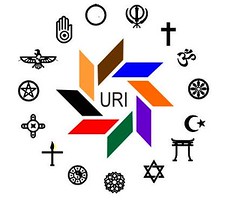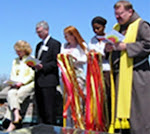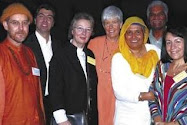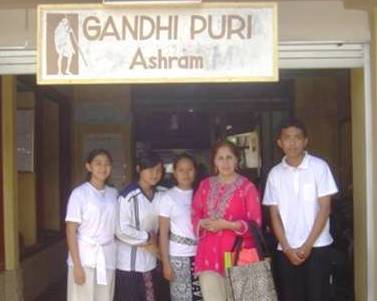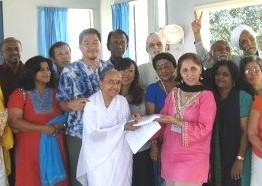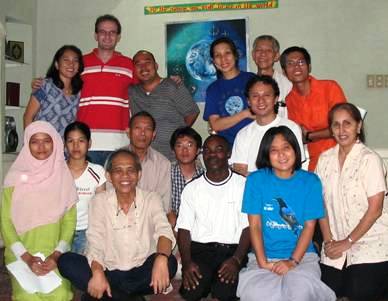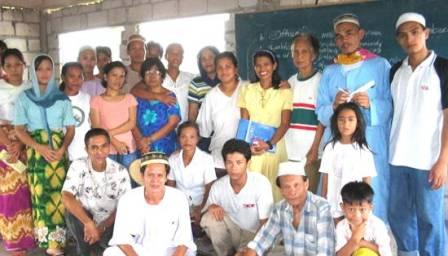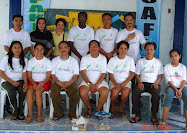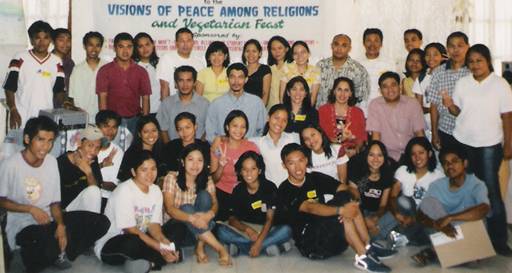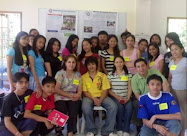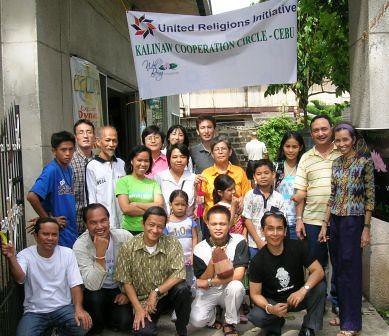
A Reflection from the URI President, RET. BISHOP WILLIAM SWING
Five years ago a few men commandeered four airplanes. Two crashed into the World Trade Center Towers and one into the Pentagon. This scene of horror was motivated by a conviction that God would be praised by such devastation. Two years ago hurricanes Katrina and Rita carved a path of destruction through Louisiana, Mississippi, Florida and Alabama, causing many people to wonder if there was a message from God in those events.
One year ago a tsunami washed away villages, towns, adults and children throughout the Indian Ocean region. Flurries of articles were written by believers and non-believers as to whether God had visited these places with divine justice.
The question arises: can the hand of God be perceived by sifting through the rubble created by planes, hurricanes and tsunamis?This kind of question was once raised in Hebrew Scripture. Elijah, a prophet, went up to Horeb, the mountain of God. While he was standing on the mountain “Behold, the Lord passed by, and a great and strong wind rent the mountains…but the Lord was not in the wind; and after the wind an earthquake; but the lord was not in the earthquake; and after this earthquake, a fire, but the Lord was not in this fire, and after the fire, a still small voice.” (I Kings, 19:11-12)
How to make sense of the world where constant claims are being made that destruction is god-like, god-inspired, god-pleasing? How to make sense of a God who may well be recognized in the unfolding of human and natural drama? Clue: trust the still small voice.
In interfaith dealings, people of various religions don’t agree on doctrines or dogmas. Nevertheless, despite wide and deep chasms gouged by centuries of differing beliefs and conflicting destinies, there is a bridge connecting the various boundaries, a bridge where orthodoxies are not threatened and actual accords can be discovered. The bridge is formed by sitting together, quietly, in common respect for the still small voice.
Almost any ritual of one religious group has the potential to offend people of other religious groups. If that is the case, can people of differing religions find any middle ground for being together reverently? Yes, we can all be quiet together, on alert to hear the still small voice. This has promise and actually happens.
Personally, I muse about the core of the United Religions Initiative effectiveness, i.e. the basic Cooperation Circle (CC). What each CC is supposed to do is not handed down from headquarters. Instead, it is discovered in locales around the world. At least seven people of three or more religious/spiritual traditions sit together until it becomes clear as to their unique and inspired agenda. The question is always, “What should we do together? What is to be our common vocation in the local community? Where does a still, small voice direct us in finding a common vocation for the good of all life?”
All options are self-generated and all of them are tested by the participants. There is no book of objectives to choose from. Each CC is on its own to weigh the possibilities. To sit quietly together and pay attention to the still small voice that matters ultimately. And, once there is agreement, action commences.
The 14th Principle of the URI Charter states: “We have the right to organize in any manner, at any scale, in any area, and around any issue or activity which is relevant to and consistent with this Preface, Purpose and Principles (of the URI).” The entire enterprise holds together in trusting each other’s discernment of this tiny body’s primary focus. Something special happens when peoples of different faith traditions map out their specific destinies together. Today we are witnessing a burst of energy globally as new Cooperation Circles come into being daily and the world begins to change in an interfaith direction.
Interesting enough, after 9/11, people around the world began to turn to the URI in hope. After hurricanes Katrina and Rita, URI volunteers flooded the South. After the 2005 tsunami URI CC’s all around the Indian Ocean began to respond to the devastation and are still hard at their tasks today.
The genius of the Elijah story would say that the will of God could not be recognized in the crashing airplanes or in the howling winds or in the rising, rushing water. But afterwards, in the still small part of the heart, the conscience, the exposed soul, a voice was heard. That voice collects people together and propels them in a clear, good direction. Paying attention to the still small voice is, in my opinion, at the center of the URI. It is the essential context in which we discover our core authority and find our mutuality. We never make a noise unless we are silent.

